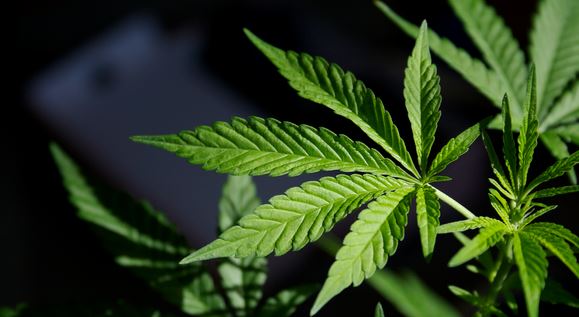This week the House of Representatives will bring the MORE (Marijuana Opportunity, Reinvestment and Expungement) Act to the floor for a vote. The legislation would lift the federal prohibition on marijuana.
Never has there been a more maligned drug than marijuana. The designation of cannabis as a Schedule I drug in 1971 had a major impact on the already existing bias against pot. President Richard Nixon pressed for the designation in an attempt to smack down the antiwar left and perpetuate institutional racism that plagues Black Americans to this day. According to the American Civil Liberties Union, a Black person is 3.6 times more likely to get arrested for marijuana possession than a white person, despite similar usage rates.
The National Commission on Marijuana and Drug Abuse was Nixon’s modus operandi for manufacturing ‘science’ to support the Schedule I designation of pot, making it equal to heroin as a dangerous substance. At the time, Nixon was infamously recorded on tape, saying, “I want a goddamn strong statement on marijuana. Can I get that out of this ‘son of a bitching, uh, domestic council? … I mean one on marijuana that just tears the ass out of them.”
Nixon wasn’t solely to blame for the unwarranted federal prohibition of marijuana. Decades before his war on weed, Congress passed the Marijuana Tax Act of 1937. The law restricted possession of cannabis by levying a substantial tax on it for certain medical and industrial applications.
“Congress being what it was at the time,” said American Medical Association (AMA) counsel William Woodward, “you could ram things through just by bullshitting. Who’s going to be stepping up to the plate to defend a drug that Blacks, Latinos and jazz musicians use?”
Clearly racism played a role. Historian Martin Lee, author of Smoke Signals: A Social History of Marijuana, writes in his book, “In segregated America newspapers were saying, ‘this stuff makes white women and black men have sex.’” Despite AMA’s position that cannabis was medically useful, it was removed from the official U.S. Pharmacopeia in 1942.
Two years later, the New York Academy of Medicine issued the La Guardia Committee report, which found marijuana was not physically addictive, not a gateway drug and did not lead to crime. Since then, a growing body of information clearly supports the Committee’s finding that marijuana is neither a dangerous substance nor a gateway drug, and that is has a number of medical uses. The Mayo Clinic lists the following conditions that may be treated with marijuana:
- Alzheimer’s disease
- Amyotrophic lateral sclerosis (ALS)
- HIV/AIDS
- Cancer
- Crohn’s disease
- Epilepsy and seizures
- Glaucoma
- Multiple sclerosis and muscle spasms
- Severe and chronic pain
- Severe nausea
Moreover, anthropological and archaeological evidence supports that cannabis has been used as a medicine for thousands of years.
This week, when the MORE Act comes to the House floor for a vote, the members of Congress have an opportunity to pass what the ACLU calls equitable reform. “This is the most comprehensive marijuana reform bill in Congress,” the ACLU states. “Not only would it remove marijuana from the Controlled Substances Act, but it would also expunge marijuana convictions and re-sentence people with marijuana convictions. It is long overdue to not just legalize marijuana, but do so in a way that tackles racial disparities head-on. The MORE Act will do exactly that.”
In the interests of equitable reform, it’s high time for the members of the House to do the right thing by acknowledging the overwhelming body of scientific and social scientific evidence that cries out for passage of the MORE Act, and voting accordingly. We can all play a role by reaching out to our representative in Congress and telling him or her to pass the MORE Act now.

Well said Chris,
I wonder what the chances of this being passed in this political climate… we can encourage our representatives and hope.
Thank You
Barry
LikeLike